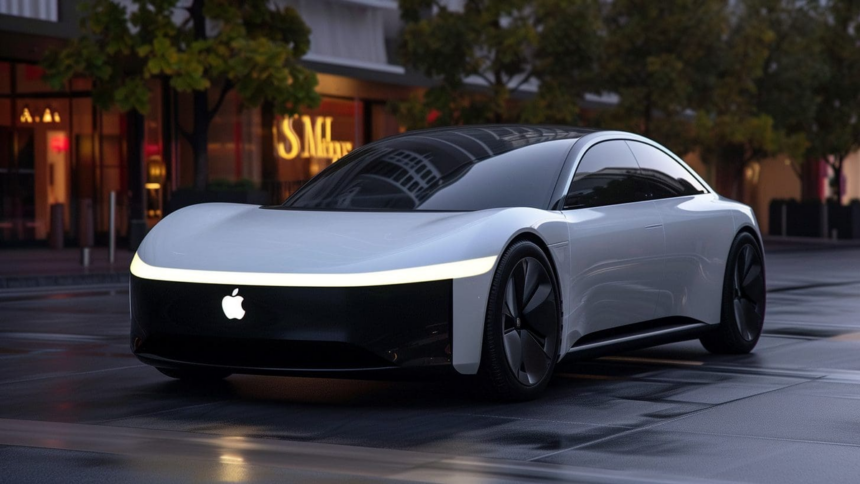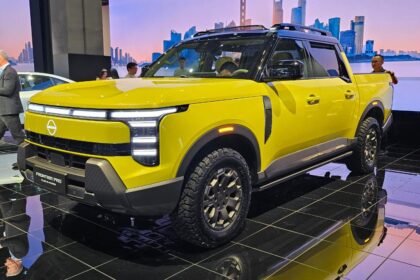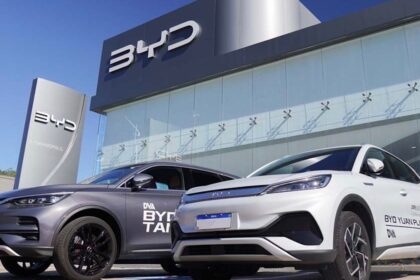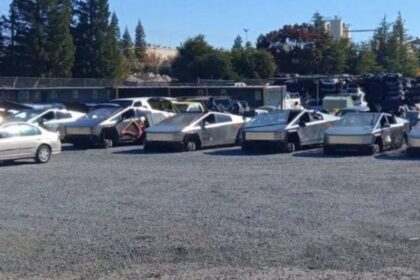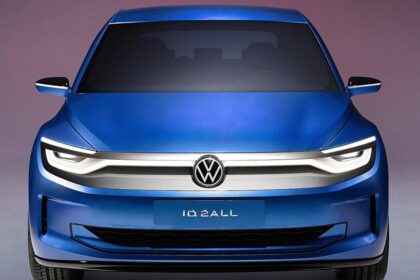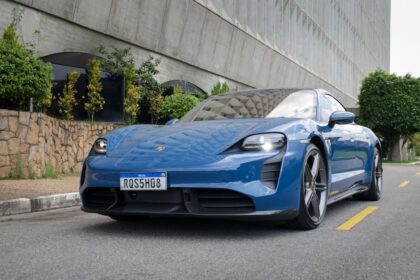Apple appears to have permanently closed its ambitious autonomous car project after requesting the California Department of Motor Vehicles (DMV) cancel its permit to test such vehicles on public roads. The request was made on September 25, 2024, and the permit was officially revoked two days later, on September 27. This permit had initially been valid until April 30, 2025.
The move has surprised many, as Apple had been working on this project, known as “Project Titan,” for years, with tests dating back to 2017. The permit withdrawal may signal the potential end of Apple’s autonomous vehicle development, often called the Apple Car.
Apple has given up on self-driving cars?
Apple’s decision to cancel its autonomous vehicle testing license signals a notable step back from its ambitious “Project Titan.” The company can no longer legally test autonomous cars on California streets with the permit revoked. This suggests that Apple may no longer view the project as viable in its current form despite years of effort and investment.
Rumors point to several challenges, including technical and operational difficulties, which may have dampened Apple’s confidence in the success of developing fully autonomous driving technology. While the tech giant might still be interested in the automotive industry, the cancellation raises questions about its future direction. Instead of launching its vehicle, Apple could focus on integrating assisted driving technologies through collaborations with established car manufacturers.
History of the development of the Apple Car
Apple’s self-driving car initiative, “Project Titan,” began in 2014 with grand ambitions to revolutionize the electric and autonomous vehicle market, aiming to compete with companies like Tesla and Waymo. Initially, the goal was to create a fully autonomous car that could redefine the industry.
By 2017, the project hit a significant milestone when Apple received its first license to test autonomous vehicles on public roads in California. At its height, Project Titan employed over 200 engineers and drivers, signaling Apple’s serious intent to become a key player in the automotive sector.
However, the project struggled over the years due to numerous setbacks. Leadership changes, layoffs, and internal restructuring began to hint at deeper problems. A lack of clear direction for the product, coupled with technical hurdles, made progress slow and uncertain. By 2021, Apple shifted its focus from developing a fully autonomous vehicle to creating a driving system that could be licensed to other manufacturers. Still, this pivot failed to produce the results needed to advance the project.
Ultimately, these challenges, including the complexity of developing self-driving technology, led Apple to cancel its testing license in 2024, signaling a significant retreat from the autonomous car market. While there may still be some interest in the automotive sector, the future of Project Titan, as initially envisioned, remains highly uncertain.
Apple failed to make a self-driving car.
Apple’s decision to end “Project Titan,” which was set to produce the long-rumored Apple Car, highlights the immense challenges of creating a viable autonomous vehicle. Despite Apple’s strong track record in cutting-edge technology, developing an autonomous car requires an intricate mix of disciplines, including advanced software, hardware integration, automotive engineering, and extremely high safety standards. For a tech company rooted in electronics and software, this was a considerable leap into a highly complex and regulated industry.
One of Apple’s key difficulties was developing an artificial intelligence system advanced enough to handle unpredictable traffic conditions safely while designing a vehicle that could be produced globally and remain competitive in a fiercely competitive market.
Companies like Tesla and Waymo, with years of experience and billions invested in autonomous driving technology, raised the stakes further, leaving Apple under significant pressure to catch up.
The timing of Apple’s decision to cancel its testing license is noteworthy. It came just weeks before Tesla’s announcement of the Cybercab, an autonomous taxi with no pedals or steering wheel aimed at revolutionizing the future of transportation. The contrast between Tesla’s forward momentum and Apple’s retreat underscores the challenges Apple faced in this sector.
While Tesla pushes toward a future of fully independent vehicles, Apple’s exit—at least for now—shows that even a tech giant like Apple can struggle to break into the automotive industry, where Tesla has gained a significant lead.
In summary, while Tesla continues to push the boundaries of autonomous driving, Apple seems to have recognized the complexities and paused its pursuit of the Apple Car, marking a temporary withdrawal from this high-stakes race.

